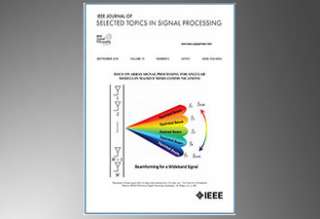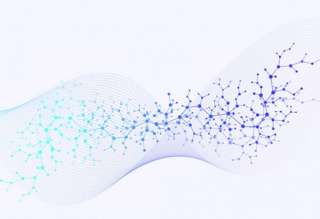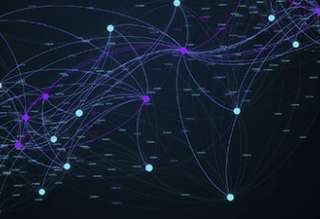SPS Feed
Top Reasons to Join SPS Today!
1. IEEE Signal Processing Magazine
2. Signal Processing Digital Library*
3. Inside Signal Processing Newsletter
4. SPS Resource Center
5. Career advancement & recognition
6. Discounts on conferences and publications
7. Professional networking
8. Communities for students, young professionals, and women
9. Volunteer opportunities
10. Coming soon! PDH/CEU credits
Click here to learn more.
The Latest News, Articles, and Events in Signal Processing
Manuscript Due: January 15, 2022
Publication Date: 3rd Quarter 2022
CFP Document
Benefiting from the powerful discriminative feature learning capability of convolutional neural networks (CNNs), deep learning techniques have achieved remarkable performance improvement for the task of salient object detection (SOD) in recent years.
While current research on multimedia is essentially dealing with the information derived from our observations of the world, internal activities inside human brains, such as imaginations and memories of past events etc., could become a brand new concept of multimedia, for which we coin as “brain-media”.
Optimal rank selection is an important issue in tensor decomposition problems, especially for Tensor Train (TT) and Tensor Ring (TR) (also known as Tensor Chain) decompositions. In this paper, a new rank selection method for TR decomposition has been proposed for automatically finding near-optimal TR ranks, which result in a lower storage cost, especially for tensors with inexact TT or TR structures.
The emergence of big data and the multidimensional nature of wireless communication signals present significant opportunities for exploiting the versatility of tensor decompositions in associated data analysis and signal processing. The uniqueness of tensor decompositions, unlike matrix-based methods, can be guaranteed under very mild and natural conditions.
The papers in this special section focus on tensor decomposition for signal processing and machine learning. Tensor decomposition, also called tensor factorization, is useful for representing and analyzing multi-dimensional data. Tensor decompositions have been applied in signal processing applications (speech, acoustics, communications, radar, biomedicine), machine learning (clustering, dimensionality reduction, latent factor models, subspace learning), and well beyond.
We study distributed filtering for a class of uncertain systems over corrupted communication channels. We propose a distributed robust Kalman filter with stochastic gains, through which upper bounds of the conditional mean square estimation errors are calculated online.
Pages
SPS Social Media
- IEEE SPS Facebook Page https://www.facebook.com/ieeeSPS
- IEEE SPS X Page https://x.com/IEEEsps
- IEEE SPS Instagram Page https://www.instagram.com/ieeesps/?hl=en
- IEEE SPS LinkedIn Page https://www.linkedin.com/company/ieeesps/
- IEEE SPS YouTube Channel https://www.youtube.com/ieeeSPS























